考古学(荣誉)文学士学位
BA (Hons) Archaeology

学历文凭
Bachelor Degree with Honours

专业院系
School of History, Archaeology and Religion

开学时间

课程时长

课程学费

国际学生入学条件
IDP—雅思考试联合主办方

雅思考试总分
- 雅思总分:
- 托福网考总分:
- 托福笔试总分:
- 其他语言考试:
CRICOS代码: F400
申请截止日期: 请与IDP联系 以获取详细信息。
课程简介
Why study this courseArchaeology is the only discipline that allows you to study humanity from the earliest hominids five million years ago to the present day. It enables all of us to better understand what it is to be human and explore the richness of the human experience.Blending the sciences, social sciences and humanities, our BA Archaeology will equip you with the skills you’ll need to study the past through material evidence and will introduce you to the archaeology of Britain and the Mediterranean World. Building on your passions and curiosity, you’ll have the opportunity to specialise in the study of the periods and regions which interest you, ranging from the prehistoric to post-medieval periods. In addition to developing an understanding of specific archaeological contexts, we’ll also ensure you can place this research and knowledge into a contemporary context including how archaeology can inform debates in today’s society and how heritage sites and collections are managed.You will be introduced to a variety of key archaeological skills relating to the study of artefacts and environmental evidence and help you develop your field skills with eight weeks of placement, typically on an archaeological excavation, developing your skills in an authentic context. These memorable placements take place in the summers following Year One and Year Two, in the UK and overseas.As well as practical skills, honed in the field and in our excellent facilities, you’ll gain and develop special research skills through a second-year independent study module. Supported by one of our expert staff, you’ll plan and undertake an archaeological research project on a topic of your choice. The optionality and increased specialisation as you progress through your degree means you will enjoy a programme of high integrity, tailored to furnishing you with skills of value within and beyond the heritage sector.BA Archaeology provides the ultimate all round degree and is an excellent way to develop a range of skills valued by employers, for example through developing teamworking and leadership skills in the field and learning how to analyse evidence and communicate complex stories about the past to a range of audiences.Learning and assessmentThe School of History, Archaeology and Religion enables you to develop in a high-quality learning environment, supported by a student-orientated approach to the acquisition of knowledge and skills.Teaching methods include lectures, seminars, practicals, workshops, interactive classes, field trips, and one-to-one tutorials. You will also undertake independent study and research, with guidance from tutors.Lectures provide an overview of the key concepts and frameworks for a topic, equipping you to carry out independent research for the seminars and to develop your own ideas. Seminars provide an opportunity for you to explore the ideas outlined in the lecture in a small group environment.Seminars usually consist of about 15 students and the seminar leader (a member of the teaching team). Seminars may take various formats, including plenary group discussion, small group work and student-led presentations. They offer a rewarding opportunity to engage critically with the key ideas and reading of a topic, and to explore areas of particular interest with an expert in the field.
相关申请
 预科
预科 奖学金
奖学金 实习机会
实习机会 在校学习
在校学习 跨境学习
跨境学习 校园授课-线上开始
校园授课-线上开始 在线/远程学习
在线/远程学习
开学时间&学费
学费信息仅供参考,请与IDP联系以获取详细信息
| 开学时间 | 时长 | 学费 | 地点 |
|---|
学校排名

世界排名187
数据源:
泰晤士高等教育世界大学排名
关于卡迪夫大学

卡迪夫大学是英国一所享有盛誉的大学,位于英国四大地区之一--威尔士的首府。作为威尔士唯一的罗素集团大学,卡迪夫大学以其世界一流的研究水平、卓越的学术成就和优异的毕业生成果而闻名。卡迪夫大学在英国排名第22名(2026年《完全大学指南》),在全球排名第181名(2026年《QS世界大学排名》),提供国际认可的学位课程和支持性的学习环境。每年,卡迪夫大学都会迎来来自138个国家的6300多名国际学生,营造出一个多元化、包容的社区。卡迪夫大学高度重视就业能力,85%的国际毕业生在完成学业后不久就能找到高技能工作(2022/23年度毕业生成果报告)。卡迪夫大学在研究卓越性方面排名全英第14位,研究影响力方面排名第11位(2021年研究卓越框架),这体现了该校对创新型、面向现实世界研究的承诺。大学已投资6亿英镑用于新设施,包括最先进的教学空间、实验室和学习中心。卡迪夫大学的学生生活评价很高,连续三年在学生生活方面排名全英第二,学生会组织也位列全英第二(2025年WhatUni学生选择奖)。卡迪夫大学拥有200多个学生社团、60个体育俱乐部以及定期举办的国际学生活动,为国际学生提供了无限的参与机会。符合录取条件的国际学生将获得大学宿舍的单人住宿,且宿舍距离校园仅几步之遥。
本校相关课程

威尔士历史(MA)
学历文凭
Masters Degree (Taught)
开学日期
课程费用总额

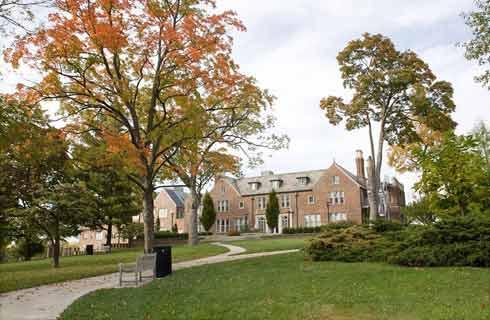
政治与国际关系博士/硕士-威尔士
学历文凭
Ph.D.
开学日期
课程费用总额

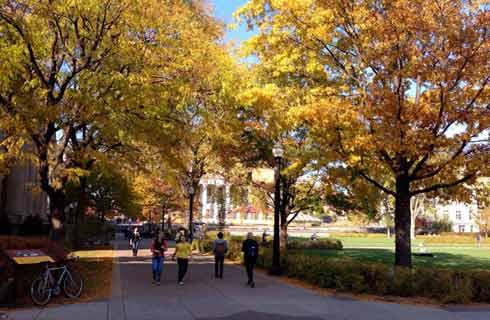
城市设计(MA)
学历文凭
Masters Degree (Taught)
开学日期
课程费用总额

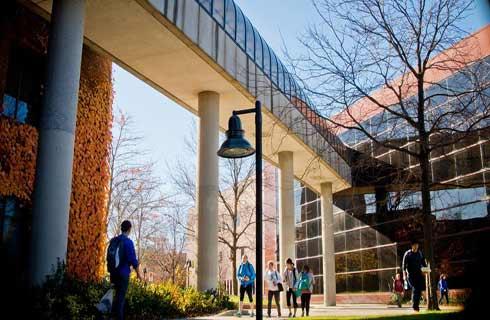
运输与规划(MSc)
学历文凭
Masters Degree (Taught)
开学日期
课程费用总额

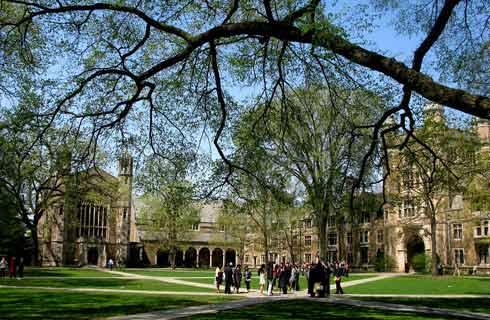
组织工程学(MSC)
学历文凭
Masters Degree (Taught)
开学日期
课程费用总额


化学博士学位/哲学硕士-理论与计算化学
学历文凭
Ph.D.
开学日期
课程费用总额

其他相关课程

MPhil/PhD History
 兰卡斯特大学
兰卡斯特大学泰晤士高等教育世界大学排名:185
学历文凭
Ph.D.
开学日期
课程费用总额

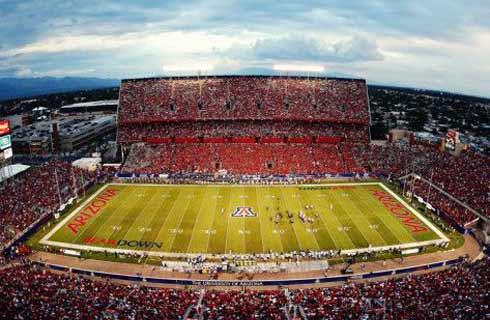
拥有一年的历史(政治)文学士学位
 斯旺西大学
斯旺西大学泰晤士高等教育世界大学排名:326
学历文凭
Bachelor Degree with Honours
开学日期
课程费用总额


考古学(荣誉)文学士学位
 伦敦大学伯贝克学院
伦敦大学伯贝克学院泰晤士高等教育世界大学排名:303
学历文凭
Bachelor Degree with Honours
开学日期
课程费用总额

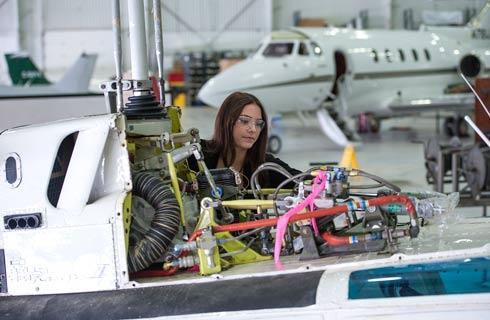
艺术和创意产业文凭-人类学和社会学(C1AN)
 科廷大学学院
科廷大学学院学历文凭
Diploma
开学日期
课程费用总额


BA History and Politics
伦敦大学亚非学院
泰晤士高等教育世界大学排名:455
学历文凭
Bachelor Degree
开学日期
课程费用总额

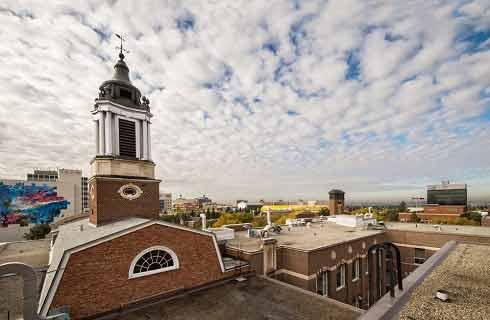
哲学博士(社会科学与公共政策)
 奥克兰理工大学
奥克兰理工大学泰晤士高等教育世界大学排名:506
学历文凭
Ph.D.
开学日期
课程费用总额










